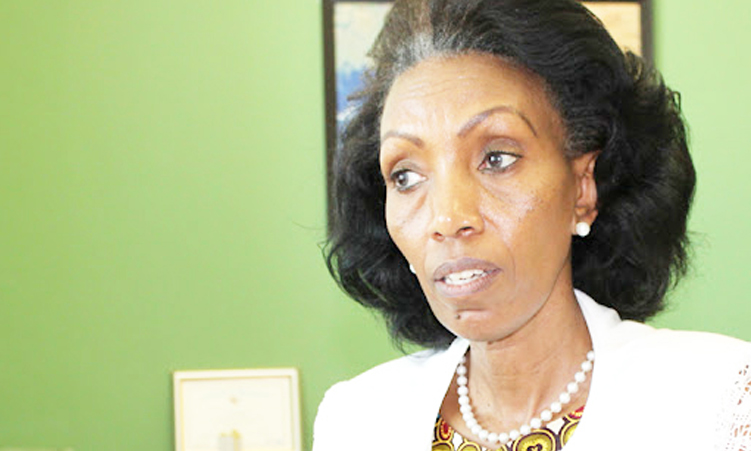Recipients of the inaugural Youth for Green Hydrogen scholarship have expressed their frustration with delays in accessing their quarterly stipends.
The scholarship programme, facilitated by the Southern African Science Service Centre for Climate Change and Adaptive Land Management (Sasscal), backed by the German and Namibian governments, supports students pursuing careers in the green hydrogen and renewable energy sectors.
In 2022, the programme awarded scholarships to 62 master’s degree students and 29 technical and vocational education and training (TVET) students.
However, several students from the first cohort have shared their frustration with late payments to The Namibian and on a WhatsApp group.
The scholarship provides a quarterly stipend of N$30 600 which is intended to cover expenses such as accommodation, meals, transportation, medical expenses and other miscellaneous costs.
Jane Olwoch, the executive director of Sasscal, this week said she is not aware of the issue and plans to investigate the situation.
“Our intention is to make life easy for the young people. But as I read they seem to get very unhappy. It is sad. It is also my intention to find out the validity of these claims and to rectify the situation,” she said.
A master’s degree student who was awarded the scholarship in 2022 says they have been having issues with Sasscal since last year.
“Most of us don’t work as we are full-time students, and we rely on this monthly stipend, but the regular delays make it hard for us to focus on our studies,” the student, who prefers to remain anonymous, says.
“Since the beginning of this year we have not been paid on time, and that has caused my eviction. Currently I’m homeless, and I’m just randomly sleeping at friends’ houses.”
The student says the first quarterly payment for 2024 was supposed to be made on 31 December last year, but was delayed until the end of January.
“As we speak currently, the second quarterly payment was due at the end of March, but up to now no payments have been made, and no communication was made from Sasscal.
“We have tried reaching out by writing several emails since the Easter weekend, and we followed up several times, but they don’t respond to our queries,” the student says.
As part of the scholarship, students are required to travel to Germany for a period of six months for research purposes.
Their travelling costs will be covered, and they will receive a monthly stipend of €935 (about N$18 950) from Sasscal.
Another student, who was awarded this scholarship in 2022, says he was living in Windhoek, but had to move back to his village, since he could not pay his rent due to delays in payment.
“I am now attending classes online from here,” the student says.
The programme has so far awarded 181 scholarships since its first intake of 62 master’s degree students and 29 TVET students in 2022, with 78 students successfully registered with institutions of higher learning and TVET institutions in 2023.
The scholarship programme has been designed to primarily target undergraduates, graduates and students interested in advancing in the field of green hydrogen.
It offers scholarships to Namibians between the ages of 18 and 35 years in two categories related to green hydrogen.
The first is a master’s degree in disciplines such as applied sciences, renewable energy and sustainable systems, and the second focuses on TVET certificate levels one to five.
Stay informed with The Namibian – your source for credible journalism. Get in-depth reporting and opinions for
only N$85 a month. Invest in journalism, invest in democracy –
Subscribe Now!






